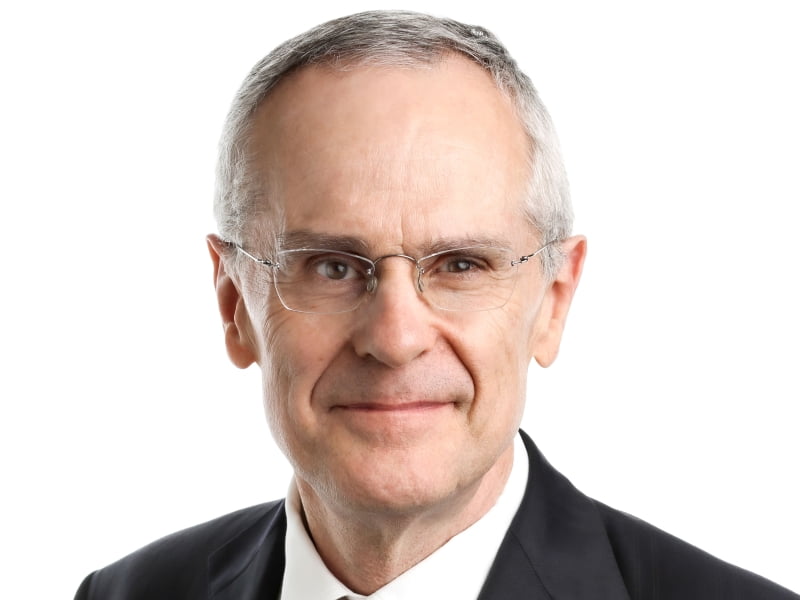When Australia’s competition watchdog released its landmark report into digital platforms two years ago, it surprised some by not calling for the big tech firms to be broken up.
While other jurisdictions have been gearing up for significant legal battles to split up some of the core business operations of the likes of Facebook and Google, the Australian Competition and Consumer Commission (ACCC) deliberately didn’t go down this path.
ACCC chair Rod Sims said this was in part to ensure that more achievable, short-term recommendations weren’t overlooked in favour of the attention-grabbing moves to break up the tech titans.
“Our digital platforms report didn’t recommend that as a key way forward, just because it takes time, you don’t know where it’s going to end up and we figured that if all the focus was on that, we’d rather have the focus on trying to solve the problems,” Mr Sims told InnovationAus.

Late last year the US Federal Trade Commission filed a complaint asking for Facebook to be required to sell Instagram and WhatsApp as part of an antitrust lawsuit.
Last week, the Judge called on the FTC to submit a new complaint, saying the previous one did not properly establish Facebook’s market dominance and that metrics such as the amount users spend on apps or an explanation of the social media giant’s competition could be used.
The FTC is expected to file a new complaint against Facebook. The Attorney-Generals of more than 30 US states have also taken action against Google in an antitrust lawsuit alleging the company is illegally protecting a monopoly over its search engine business.
There are also significant movements in Europe to break up these tech companies, with the European Commission late last year unveiling new laws to diminish the market power of these firms.
The ACCC is leading Australia’s charge in the fight against big tech, and while the commission is watching the developments in the US with interest, it won’t be influencing its efforts to tackle the market dominance of these companies, Mr Sims said.
“The break-up case of the FTC against Facebook is not something that’s ever been central to the way we saw things developing. If that case doesn’t go ahead, that’s not an obstacle to the road we’re driving down, and most others are driving down,” Mr Sims said.
“It’s an interesting thing off to the side, but it’s not central to dealing with the problems of the market power of the platforms. We’re trying to deal with them more directly. It’s fascinating to watch it but in terms of the journey we’re on, we don’t regard that as a setback.
“We’re talking about years down the track even if it is successful, and we haven’t factored that into the path we’re on. It probably would be a bit of a plus if it happened, but it’s not something anyone is counting on.”
Australia’s approach to compete the power of the big tech firms is more centred around a combination of tighter regulation and reactive competition measures, Mr Sims said.
“We think there does need to be some upfront regulation, but we also think there are big steps we can take to introduce competition,” he said.
“We’re wrestling with that combination of how much before the event regulation versus after the event competition or consumer law enforcement. Then you have to wrestle with the whole data issue.”
Australia has several advantages in taking on these issues thanks to its size, the competition tsar said.
“It’s probably a lot easier for us to move and get things done, being a small country. We can link in pretty well with all the players, and we’re a central player in the network of competition regulators that exists,” Mr Sims said.
“We play one of the two coordinating roles of that international competition network. That means we’re already well placed to disseminate things and get in the middle of things. Also the size of the country means it’s so much easier to get things done in Australia than it is in the US where there are so many hurdles to doing things. We can move a lot faster here which is good.”
The ACCC has a number of open inquiries and areas of investigation for further crackdowns against the big tech firms. It is close to finishing a report into adtech and also has choice screens in its crosshairs.
“All of that is being dealt with and certainly from our point of view we will have a lot more to say in September when our adtech report is released, and in October when the choice screens report is released,” Mr Sims said.
“And we’ll be following that up with broader announcements in 2022.”
Do you know more? Contact James Riley via Email.

